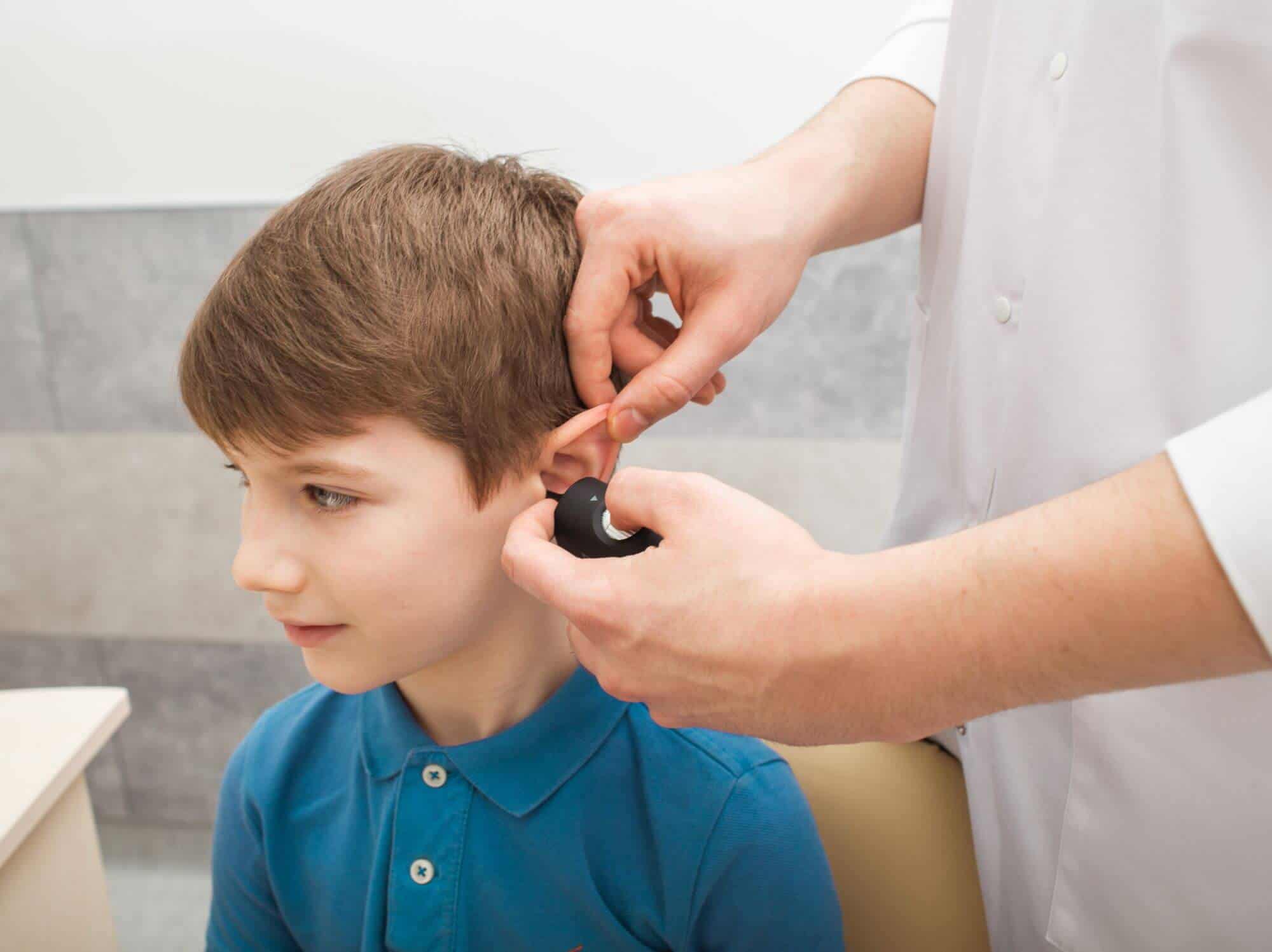
As parents we are always on the outlook for potential dangers to our children’s health and enrichment. It’s a difficult balance between harm reduction and trying to encourage your child to learn by taking small risks. One aspect that should not be risked is hearing health. It’s important to monitor for exposure to harmful levels of sounds, protecting against ear infections and making sure your child wear’s their helmet while riding bikes and skateboards to protect from impact to the head. Hearing loss in most instances is a permanent condition which will not only affect your child’s ability to hear the people and world around them throughout life but may affect reading ability as well.
Children and Reading
When your child is a baby, it may seem almost like magic how they learn to read but in truth, there is a pattern. According to The New Yorker Magazine in an article published in 2015 titled How Children Learn to Read, it states “Typically, children follow a very specific path toward reading. First, there is the fundamental phonological processing—the awareness of sounds themselves. This awareness builds into phonics, or the ability to decode a sound to match a letter. And those, finally, merge into full, automatic reading comprehension.” Most children have a firm understanding of reading and comprehension by the time they turn 8, but everyone is slightly on their own timeline. Have you ever wondered just why some children struggle to read just a little bit more than others? A new study shows that undiagnosed hearing loss may be an overlooked cause for this reading and learning delay.
Undiagnosed and Under Treated
According to the Center for Disease Control and Prevention (CDC), data shows that approximately 1 to 3 per 1,000 children have hearing loss. However, other studies have shown rates from 2 to 5 per 1,000 children. It’s important to entertain this as the possible source for your child’s learning issues. Often children with issues paying attention are misdiagnosed with attention deficit disorder (ADA) when it could actually be an undiagnosed hearing loss. It’s all too common for a child to sit through an entire classroom of 30 children or more without teachers recognizing that a hearing problem even exists. Unfortunately, the same goes for parents. While at birth, routine hearing assessments are standard, a loss which develops later in life could go missing and not really show itself until they start to display issues with reading and learning in the school room.
A Study on Children with Reading Compression Issues
One definite sign that may point to a hearing problem in children is the lack of adequate reading skills. In a study conducted by Academics at the University’s Center for Advances in Behavioral Science, the findings showed that it is very likely that hearing loss is associated with poor reading abilities. The researchers examined 195 students between the age of eight to ten, who were struggling with difficulties in reading. They determined that 29 of the children had a history of repeated ear infections, while 36 of them had dyslexia. Further testing was applied to determine reading and writing skills in the cohort as well as the student’s ability to use words based on their sounds and meanings in speech and literacy.
Study Findings
After an 18-month period the students were re-evaluated using the same standardized testing. This time, however, the researchers included a thorough hearing screening. Surprising this revealed that 25% of the children were experiencing mild or moderate hearing loss that the parents or teachers were unaware of. While this type of hearing loss is by no means extreme it’s enough to limit the delivery of certain words or sounds which helps the brain understand speech and follow conversation. It’s no wonder that the children identified often had trouble paying attention in class and keeping up with assignments. Even subtle levels of hearing loss can make distinguishing speech sounds more challenging, especially in a classroom setting with background noise.
The study identified that nine out of the 36 children with dyslexia and one third of the students with a history of repeated ear infections were experiencing some level of hearing loss which was affecting their ability to perceive spoken language and grammatical word structure.
Addressing Hearing Loss in Children
If your child is showing signs of struggling to read it’s a good idea to schedule a hearing exam today. Early detection and treatment is the key for learning success in the future. Contact us today for a hearing exam.
